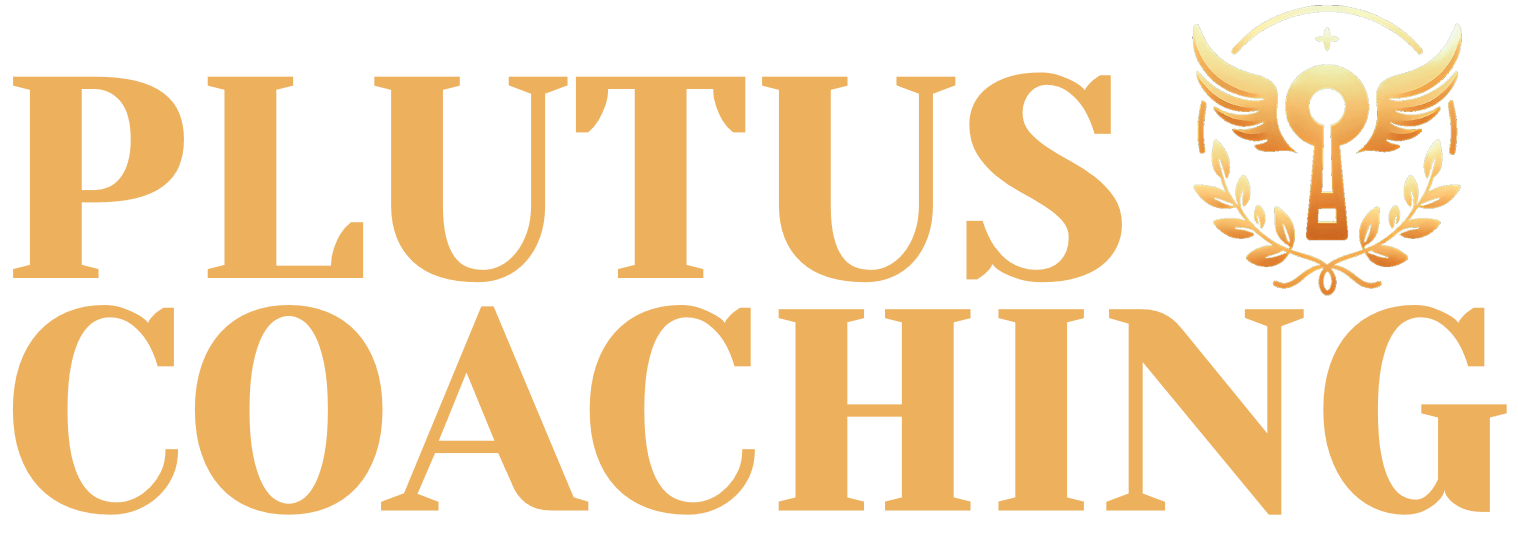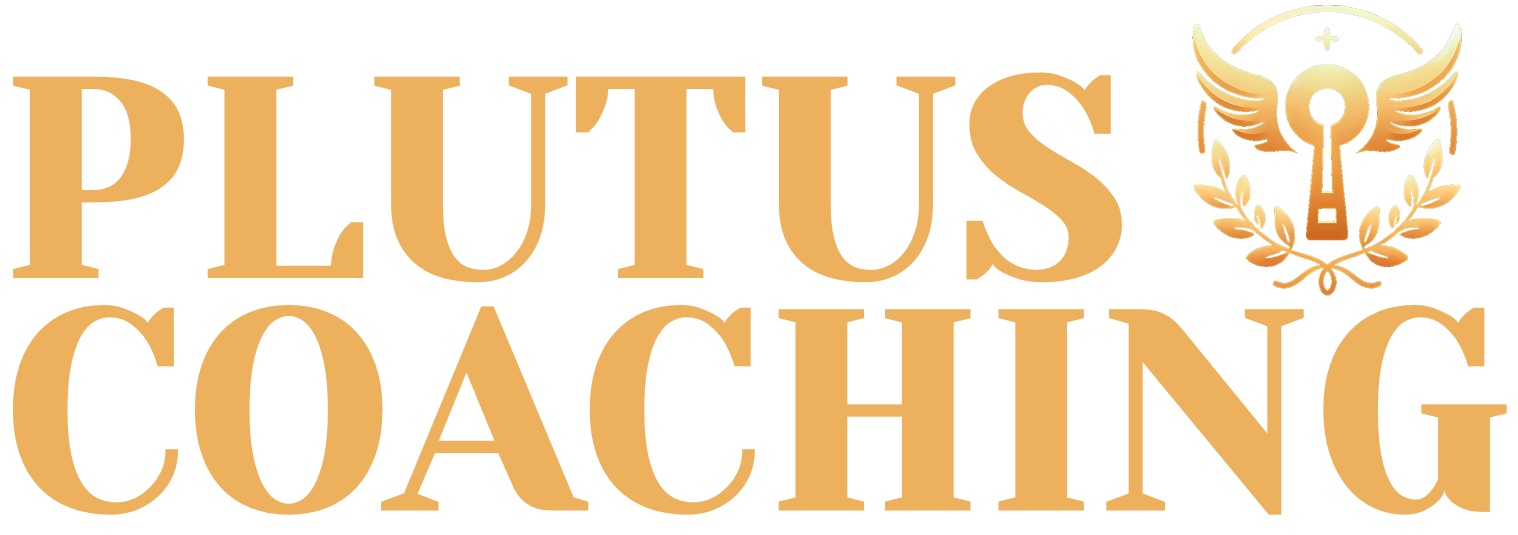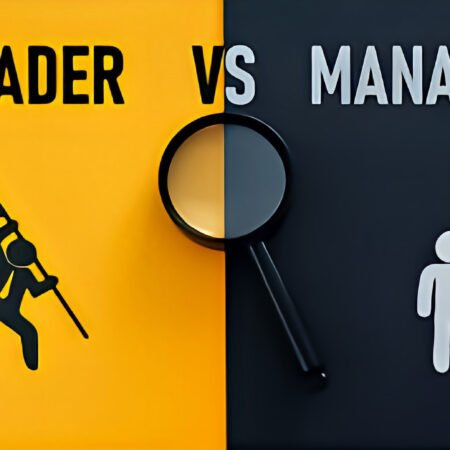Leaders aren’t born; they’re made. And one of the most crucial ingredients in the recipe for great leadership? You guessed it—communication. It’s the lifeblood of any organization, the bridge that connects vision to reality. Think of it this way: a leader with poor communication skills is like a captain trying to navigate a ship with a broken compass. They might have the best intentions and a brilliant plan, but without clear communication, they’ll struggle to get their crew on board and reach their destination.
Misunderstandings, missed opportunities, low morale—these are just a few of the consequences that can arise when leaders fail to communicate effectively. On the other hand, leaders who master the art of communication inspire trust, foster collaboration, and drive their teams toward success.
The good news is that communication skills aren’t something you’re either born with or you’re not. They’re like any other skill—they can be learned, practiced, and improved over time. And that’s where leadership coaching comes in. A coach can act as a guide, helping you identify your communication strengths and weaknesses, and providing you with the tools and strategies you need to become a more effective communicator.
Key Communication Skills for Leaders
Let’s break down the key communication skills that every leader should have in their toolkit:
1. Active Listening: The Foundation of Understanding
It’s not enough to just hear what someone is saying; you need to truly understand their message. That means paying attention not just to the words, but also to the underlying emotions and intentions. Practice active listening by paraphrasing what you’ve heard, asking thoughtful questions, and using non-verbal cues like nodding and maintaining eye contact to show you’re engaged.
2. Clarity and Concision: Getting to the Point
As a leader, your time is valuable, and so is your team’s. Avoid confusing jargon and long-winded explanations. Strive to communicate your ideas clearly and directly, so everyone is on the same page.
3. Empathy and Emotional Intelligence: Connecting on a Deeper Level
Great leaders understand that communication isn’t just about facts and figures; it’s also about emotions. By developing your emotional intelligence, you can better understand and connect with your team members, building trust and fostering a more positive work environment.
4. Non-Verbal Communication: The Unspoken Language
Your body language, facial expressions, and tone of voice can speak volumes. Be mindful of these non-verbal cues, as they can significantly impact how your message is received.
5. Adaptability: The Art of Connecting with Different Audiences
One size doesn’t fit all when it comes to communication. Learn to adapt your style to different audiences and situations. What works for one team member might not work for another.
6. Giving and Receiving Feedback: The Path to Growth
Feedback is essential for growth and development, both for yourself and your team. Learn to give constructive feedback in a way that’s supportive and encouraging, and be open to receiving feedback gracefully.
7. Conflict Resolution: Turning Challenges into Opportunities
Conflict is inevitable in any workplace, but it doesn’t have to be destructive. By mastering communication strategies for conflict resolution, you can turn challenges into opportunities for growth and strengthen your team in the process.
The Role of a Leadership Coach in Developing Communication Skills
Think of a leadership coach as your personal communication trainer. They’ll work with you one-on-one to pinpoint your specific strengths and weaknesses, creating a customized plan to help you level up your communication game.
Here are some of the ways a leadership coach can help you become a more effective communicator:
- Objective Assessment: They’ll provide you with an honest look at your communication style, highlighting areas where you excel and areas where you might need some work.
- Personalized Strategies: They’ll tailor their advice and techniques to your unique needs and goals, ensuring you get the most out of your coaching experience.
- Safe Space for Practice: They’ll create a supportive environment where you can experiment with new communication techniques and get constructive feedback without fear of judgment.
- Self-Awareness Boost: They’ll help you understand how your communication style impacts others and how you can adjust it to achieve better results.
- Confidence Builder: They’ll empower you to communicate with clarity, conviction, and authenticity.
- Accelerated Growth: With their guidance, you’ll develop effective communication habits faster than you would on your own.
Remember, strong communication skills aren’t just a nice-to-have for leaders; they’re absolutely essential. They’re the foundation upon which trust is built, collaboration is fostered, and success is achieved.
Never stop learning and growing as a communicator. Read books, attend workshops, seek out mentors, and consider working with a leadership coach to accelerate your development. It’s an investment that will pay off in dividends throughout your career.
By mastering the art of communication, you’ll not only become a more effective leader, but you’ll also unlock your full potential and inspire those around you to do the same. Remember, great leaders aren’t born; they’re made, one conversation at a time.





